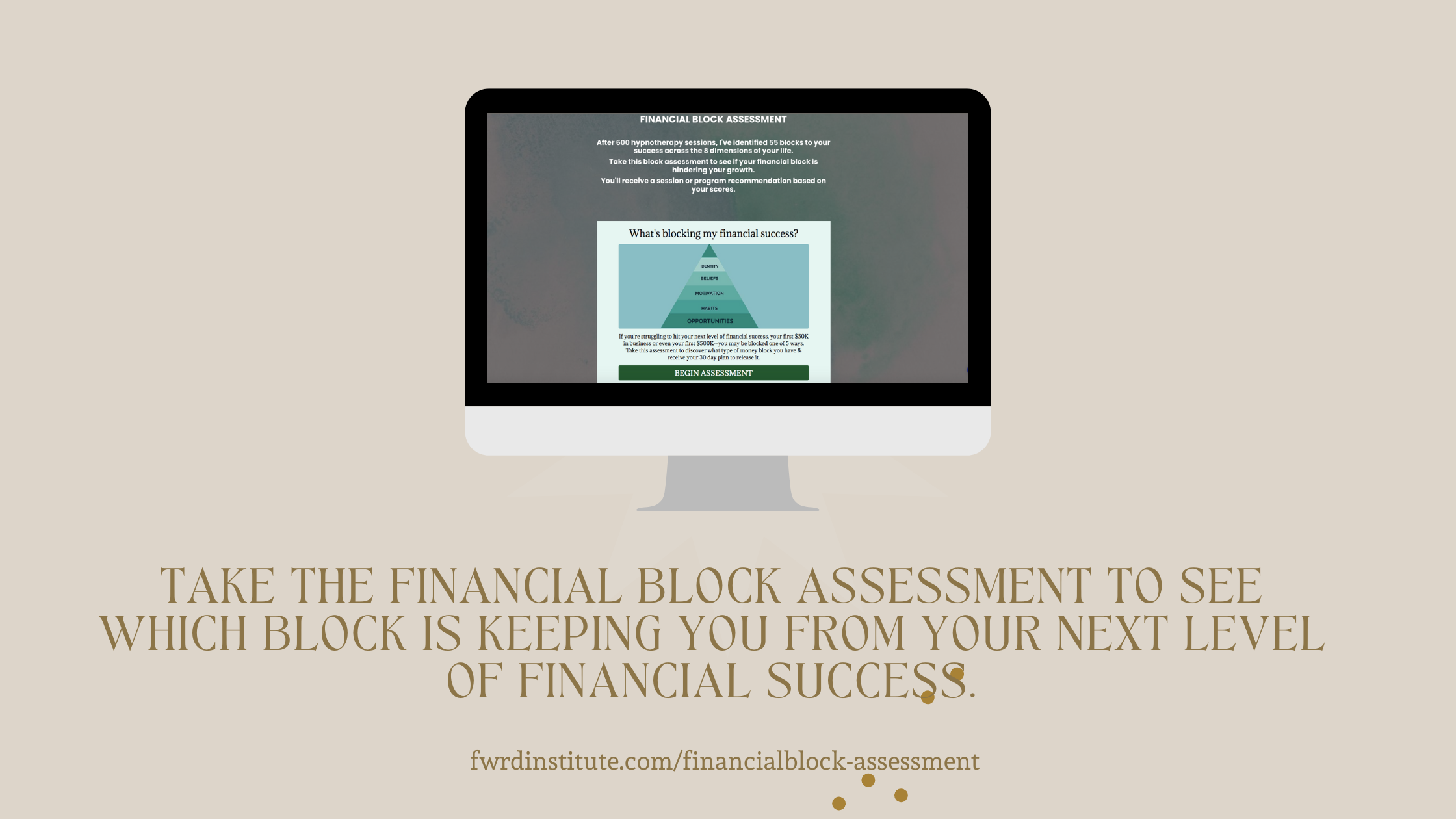Raise Your Vibration

Welcome to part 5 of our guide to becoming a better you, stress and negativities are some of the reasons why some people find it difficult to be a better person and this explains why it's crucial to learn to let go of negativity and stress so that you can joyfully step on the ladder of self-reinvention. Whether we like it or not, we're bound to face stress and it's up to us to work on managing stress and reducing it drastically by using thought patterns and some habits. Hanging out with supportive persons, staying positive, exercising, and meditating are some of the plentiful habits that can help to beef up your stress resilience level.
Nevertheless, you should also know that the only way to relieve yourself from stress isn't by building your resilience alone. There are a couple of other helpful ways such as quitting your self-sabotaging habits and eliminating the stressors. Additionally, you may learn to let go of any negative vessels such as toxic relationships, negative perspectives, grudges, and the likes. Even though, at first, it may seem as if you can never let go, you'll find it easier to do as soon as you make up your mind to let them go.
Let Go of Grudges
There are times in our lives when we're offended by people, especially those that we hold so dearly and we are often encouraged to forgive. But why do we forgive? Some people forgive superficially just because they are told to and many practice forgiveness because they're sure of the benefits it fetches. However, with all the rap forgiveness gets, many people only say they forgive but they still hold on to grudges.
Most times, holding onto grudges isn't intentional — people just don't know how to let go of that grudge! Some wounds do hurt deeper, sadly. However, to let go of stress and negativity, you must learn to breathe and let go of grudges. Now, the question is, how do you actually forgive and let go of grudges? There are several strategies to go by.
- Express Yourself — Communicate with the person so that he or she can understand how you're deeply affected by his/her actions. Do this without using any threatening language. Another option is to write a letter and burn it or tear it up. This option is best recommended if you're skeptical about addressing the situation directly because you feel things might worsen or you just want to sever the relationship and move on.
- Look for the Positive — Forgive a little every day and keep an ongoing gratitude journal to appreciate your silver linings.
- Cultivate Empathy — Put yourself in the person's shoes, think of some of the good things that person has done to you, and accept that their actions to you weren't intended to hurt you.
- Get Help if you Need it — Consider working with a therapist if you find it very herculean to let go.
Take our free assessment to identify the type of block you may have here
Cull Your Clutter
Can you ever feel comfortable in a messy house? Just imagine that you're just coming from the office and you had a very hectic day and you met your home just as you left it — scattered and messed up. Do you think you'll feel relaxed or otherwise? Normally, a home should be "home" but the thought that you'll be coming to a messy room can even make you become more worked up. Although you may not consciously realize it, you're likely to be more prone to stress and get your energy depleted when you have too much clutter. Your stress levels are significantly impacted by your clutter and you should do well to take note of this so that it wouldn't cause you stress or add to your stress.
Drop Negative Attitudes about Yourself or Others
If you find yourself belittling your capacity, you think low of your successes, and you negate your own abilities, it's high time you took a step to stop that. Most times, most people are not aware that they have limiting beliefs about themselves. In fact, they don't only look at themselves negatively; they can also be envious of other people's success because they feel threatened by their success. Nevertheless, you must encourage yourself to change your cognitive distortions and negative thinking patterns once you're able to identify them.
Know what to Tolerate
Most times, we're often told to learn to "tolerate" but little do we know that it's this act of toleration that creates stress and drains us. Thus, it's crucial that you understand what toleration is and you know what you can tolerate.
Say No to Toxic Relationships
This has already been mentioned earlier. A toxic relationship is like a virus that will corrupt you and your personality. So, make sure you let go of toxic relationships because they can be very dangerous.
Practicing Self-care
Self-care can be simply explained to be the deliberate act of promoting your emotional, mental, and physical health. If you're not sleeping well, meditation will be useless to you. In the same manner, if you refuse to take care of yourself, no stress relief activity can work for you. Consequentially, you need to take care of yourself so that you'll be better equipped to live your best life.
-
Physical Self-Care
You'll think and feel better when you care for your body and this is simply because your mind and your body are strongly connected. Good physical self-care cuts across managing your health, taking your prescribed medication, attending appointments, caring for your physical needs, exercising, and getting enough sleep.
-
Social Self-Care
For the sake of our well-being, we need to form close connections although when we get busy we may care less about our relationships and have no time to spend with our friends. Self-care is the key to socialization and you should endeavor to build your relationships with people.
-
Mental Self-Care
Your psychological well-being is greatly influenced by what you fill your mind with and how you think. Practicing self-compassion and engaging in things that help to improve your mental health such as watching movies, reading books, and solving puzzles are examples of mental self-care.
-
Spiritual Self-Care
Although some people may not like "spiritual talks", research has, however, shown that it's healthy to be spiritual. Spiritual self-care may include praying, attending a religious service, or meditating.
-
Emotional Self-Care
Sadness, anxiety, and anger are examples of uncomfortable emotions that you must learn to manage with healthy coping skills. This self-care has to do with engaging in activities that will help you own, control, and convey your emotions.
For additional self-care support and to effectively raise your vibration join us in Better You In 52!
Better You In 52 Audio Sets are brain-based audios that are designed to help Woke CEOs increase their revenue and success with conscious expansion and subconscious retraining.




